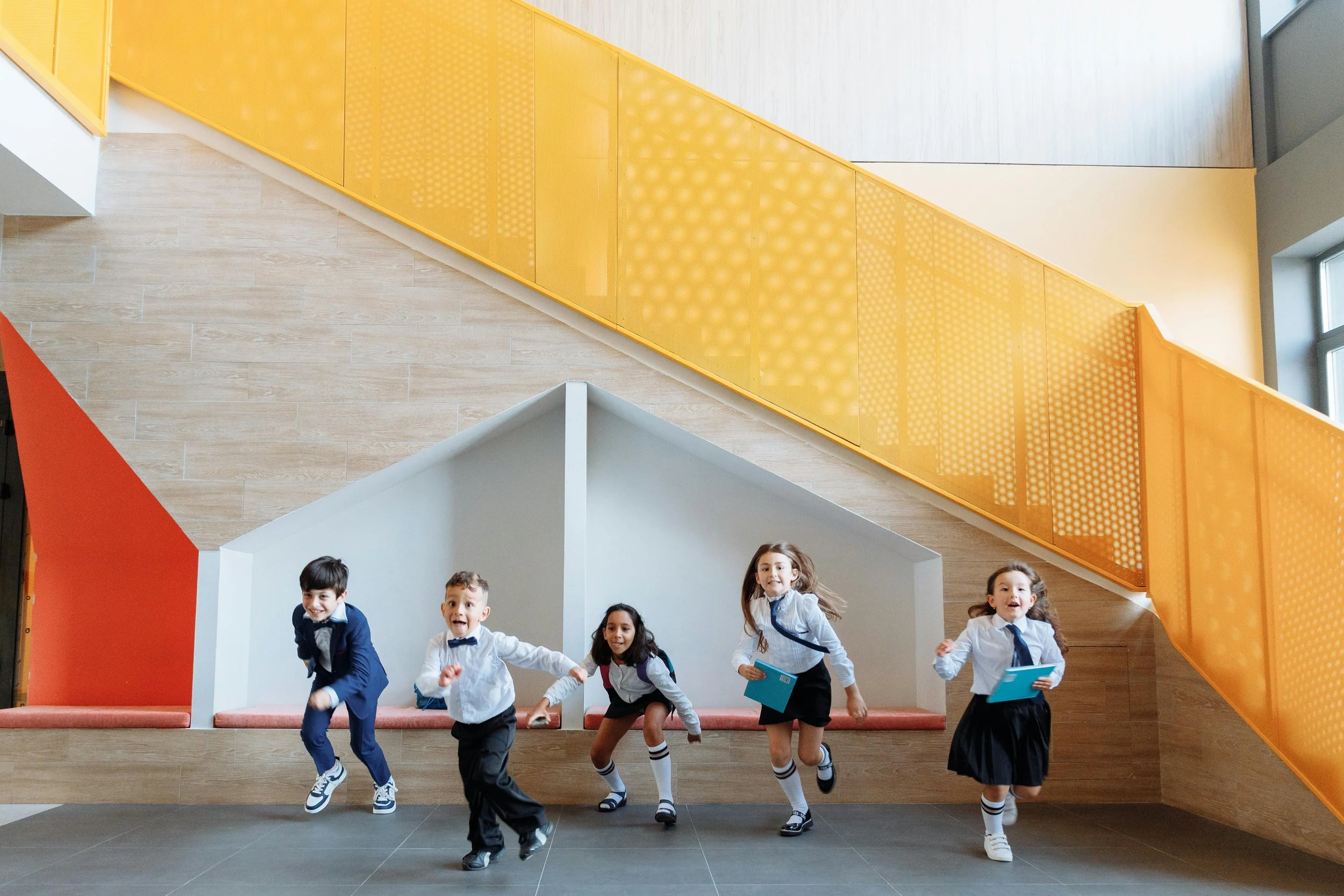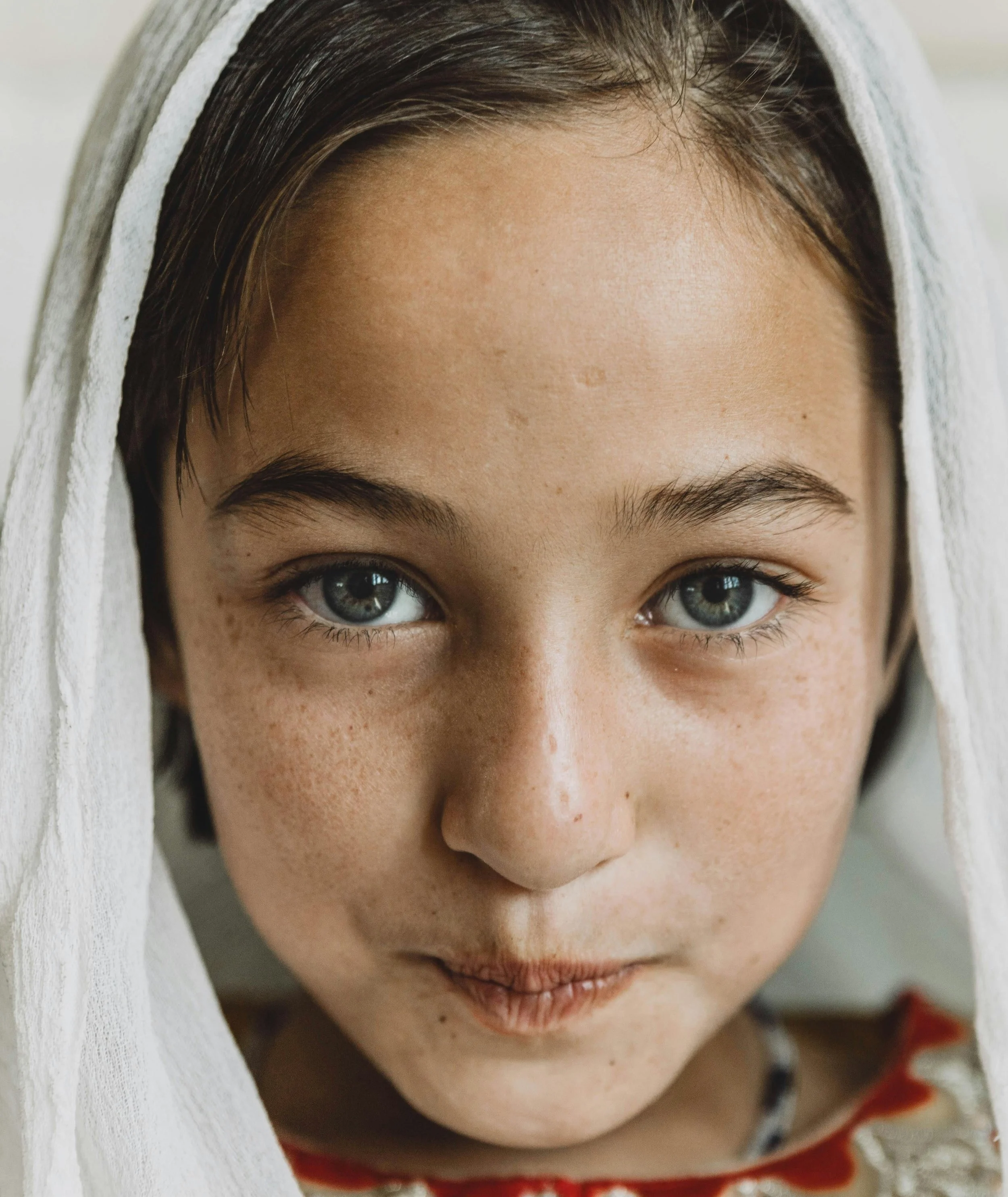How Social Participation Builds Confidence in Children and Helps You Grow As An Educator
I recently saw a video of an alleged research experiment, in which children and young adolescents were left alone in a house for a lengthy time. The video shows how they vandalised the rooms with a voice in the background explaining that this is what happens when children and youth are left to themselves with no authority. I DON’T THINK SO.
Firstly, the research seems highly unethical and absolutely biased. Secondly, I am so annoyed with adults thinking of children and adolescents in such a single-minded, controlling way. However, I imagine a scenario when this could happen- with highly controlled children and adolescents, who have no power in deciding over their own actions. Who have no agency, no autonomy and no possibilities of social participation. Who are like prisoners of a world made by adults. Because who wouldn’t have rebelled against oppression?
It is children’s right to exercise their own agency, autonomy and to be included in decision-making processes. We, adults, are obliged to not only let children know they have such rights, but to create opportunities to exercise these rights. It means engaging children in discussions around, but also decision-making about all aspects of life that affects them and beyond. In this article I explore the dual benefit of social participation: building children's confidence and helping educators grow. As I cannot imagine the future of our societies without it.
What is Social Participation?
Social participation is typically associated with the Art. 12 of the UNCRC (UN, 1989). On one hand it recognizes children’s agency- a recognition of children as social actors, of having the ability to make choices and see the outcomes of such. Cuevas-Parra (2023, 209) believes that adults should encourage children “to question adults’ power, to speak up about their own version of reality and to demonstrate their agency.”
The article also recognizes children’s right to being involved in decision-making processes about decisions that concern them. For these rights to be realised, adults must foster children’s active involvement in social, educational or civic contexts. Adults must also remain open-minded to the perspective and opinions of young people, applying a growth-mindset and to work with children and young people on the same eye-level, in order to empower those voices.
Moreover I absolutely agree with Cuevas-Parra (2023, 212) as he writes writes:
“Children and young people’s participation is not only about voice; it is about having a relevant space where they can feel safe and where all views are included. It is about interacting with others, sharing their perspectives with their audience, influencing change through dialogue and collaboration and realising their own sense of agency and empowerment.”
How Social Participation Builds Confidence in Children
I also strongly believe that participation is not only about collective change and growth, it is about own, individual development. Having the space to develop one’s own opinions, make one’s own decisions and see their outcomes and consequences means learning from taking action. It means acquiring skills and by using them, gaining confidence and resilience. Participation also enables children to feel valued and capable of making a difference. And it is reciprocal- individuals who feel like they can influence change, participate more, are more engaged in the life of their community (Behrens, 2023, 200). Greta Thunberg, a famous young climate change activist, thinks exercising her agency improved her own well-being (Mason, Fattore, Mogensen, Falloon, Drake, 2023, 301).
Photo by Aa Dil
Cuevas-Parra (2023) describes a child-led research project based in Brazil and clearly illustrates how powerful and emancipating exercising one's own agency can be for young people. Beyond that, participation strengthens the feeling of belonging for young people, especially if they work towards a common cause, such as anti-discrimination (Cuevas-Parra, 2023). The young people participating in the study were marginalised due to ethnicity or poverty. They are said to be dealing with challenges such as racism, patriarchy and inequalities. They stated they were able to overcome those struggles by engaging in an organisation that was child-led. “They said that being from these oppressed groups and having shared experiences gave them a sense of unity and belonging, along with an emerging space for contestation” (Cuevas-Parra, 2023, 210).
Photo by Nothing Ahead
The Role of the Educator in Facilitating Social Participation
As already mentioned in my previous blog article, educators are gatekeepers to children’s rights and to participation. They, we all adults, are the duty bearers, enabling children to exercise their rights (Jerome and Starkey, 2021).
Children who never had the possibilities to make decisions or be involved in decision-making processes might have difficulty to engage in such at first. I remember a friend of mine, an educator, telling me a story about a childcare centre she worked in. The team decided to create a children’s forum, designated a time and a space for this to take place. But when the children arrived they were confused about what they were to do. They awaited concrete instructions. Of course, that was how their routine has always functioned. Not surprisingly, they were like an aquarium fish put in the ocean and not knowing what to do next. That is why children have first practice decision-making and practicing agency in daily life. They could and should be able to decide what clothes to wear, what and when they eat, if and when they nap or rest, what they play, etc. Practicing those little decisions every day and directly seeing outcomes of such will prepare children for bigger decision-making projects.
Such projects could be the next step. Educators could designate a specific, inviting and comfortable, physical space and a specific time for children to discuss their ideas about their childcare life. They should have the possibility to express their opinions in various, creative ways. Educators’ role is to facilitate such meetings, help by moderating, asking open-ended questions, and practice sustained shared thinking. Each meeting could have a specific topic, either proposed by children or coming from educators’ observations, of what is important to children at the given moment.
Going further, the way educators approach topics, engage in conversation, or show empathy, will have a role modelling function. A participative setting is also a perfect setting to foster the development of critical and solution oriented thinking. In this space children should be encouraged to challenge norms and voice, even if uncomfortable, opinions.
How Social Participation Helps Educators Grow
I can most certainly admit, enabling participation helped me grow as an educator. I strongly believe through these processes we develop empathy, better leadership and adaptability. I would argue, we even heal by breaking the generational cycle we ourselves grew up in, in which children were supposed to be seen and not heard. Participation can be inspiring and provoke a deep reflection on teaching practices and assumptions. I think that participation can help educators see societal issues from different perspectives. And in a more practical way, it can reduce stress and make everyday life easier.
Photo my Tima Miroshnichenko
Conclusion
Benefits of social participation are mutual, for both children, young people and educators, social workers, parents, etc. I think social participation is the answer to many problems our society is facing. And it is children’s right. It feels quite unbelievable that educators around the world need to be convinced to shift their mindset towards it, considering this right has been on paper (and ratified by all but one country around the world) since 1990’s. Essentially it all comes down to working with children and young people on the same eye level, to treat them with the same respect as we treat other humans. You should start today about thinking of creating a participatory environment for young people in your care. Need some tips on how to start? Schedule a free consultation with me today! You also still have time to sign up to a free children’s rights workshop here.
Literature
Behrens, S. (2023) How perception of agency influences young people’s activism in the UK. In Percy-Smith, B., Patrick Thomas, N., O'Kane, C., & Twum-Danso Imoh, A. (Eds.). (2023). A Handbook of Children and Young People’s Participation: Conversations for Transformational Change (2nd ed.). Routledge. https://doi-1org-1gxsabj5a020b.erf.sbb.spk-berlin.de/10.4324/9781003367758Cuevas-Parra, P. (2023) Children and young people’s activism in Brazil. From the fringes of society to the centre of decision-making. In Percy-Smith, B., Patrick Thomas, N., O'Kane, C., & Twum-Danso Imoh, A. (Eds.). (2023). A Handbook of Children and Young People’s Participation: Conversations for Transformational Change (2nd ed.). Routledge. https://doi-1org-1gxsabj5a020b.erf.sbb.spk-berlin.de/10.4324/9781003367758Jerome, L. , & Starkey, H. (2021). Children’s Rights Education in Diverse Classrooms: Pedagogy, Principles and Practice. London: Bloomsbury Academic. Retrieved December 13, 2024, from http://dx.doi.org/10.5040/9781350062849.ch-007Mason, J., Fattore, T.,, Mogensen, L., Falloon, J., Drake, G. (2023) Greta Thunberg’s climate activism. Challenging generational and economic power. In Percy-Smith, B., Patrick Thomas, N., O'Kane, C., & Twum-Danso Imoh, A. (Eds.). (2023). A Handbook of Children and Young People’s Participation: Conversations for Transformational Change (2nd ed.). Routledge. https://doi-1org-1gxsabj5a020b.erf.sbb.spk-berlin.de/10.4324/9781003367758United Nations Human Rights Office of the High Commissioner (1989) Convention on the Rights of the Child, Retrieved from https://www.ohchr.org/EN/ProfessionalInterest/Pages/CRC.aspx 


